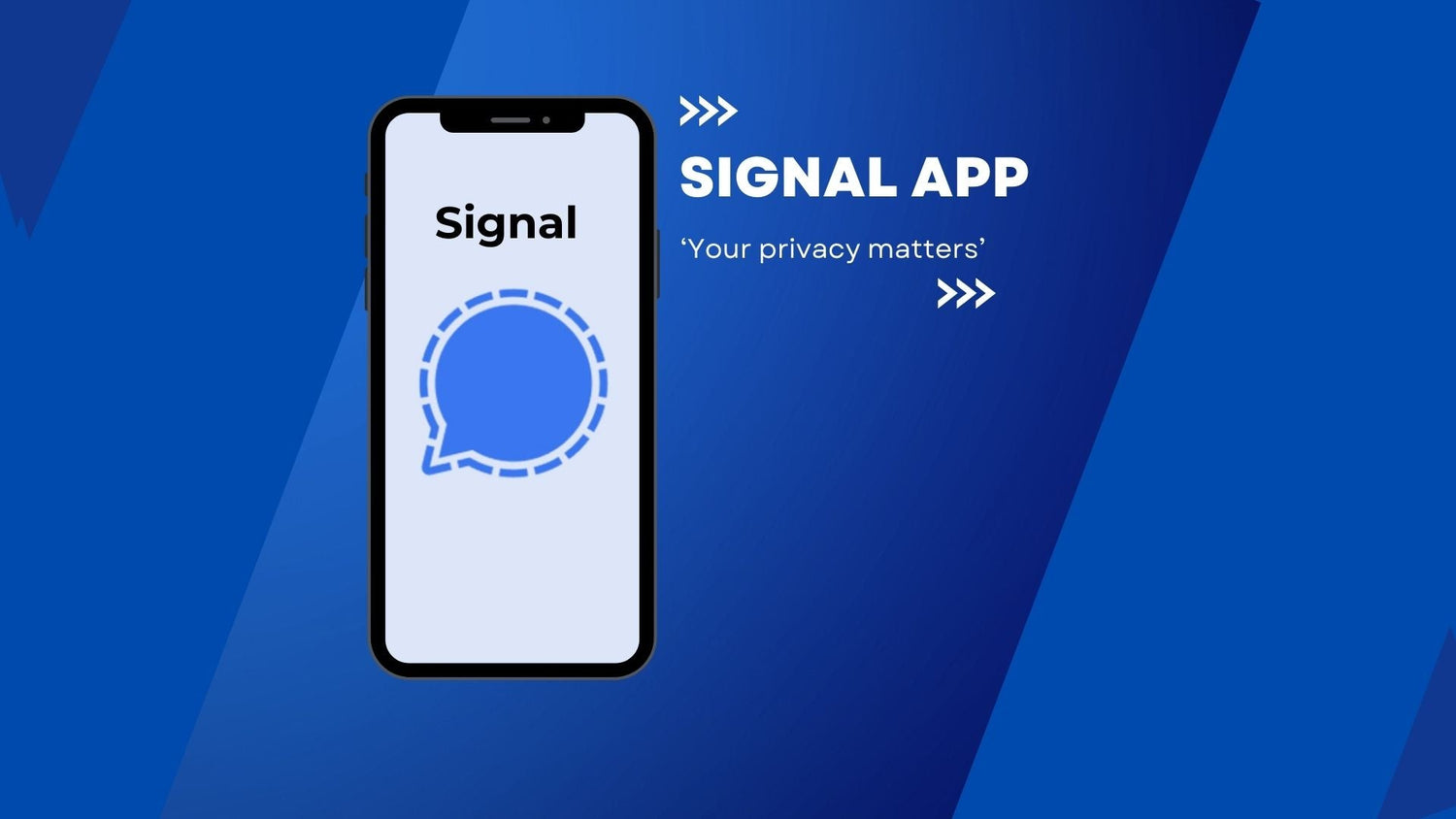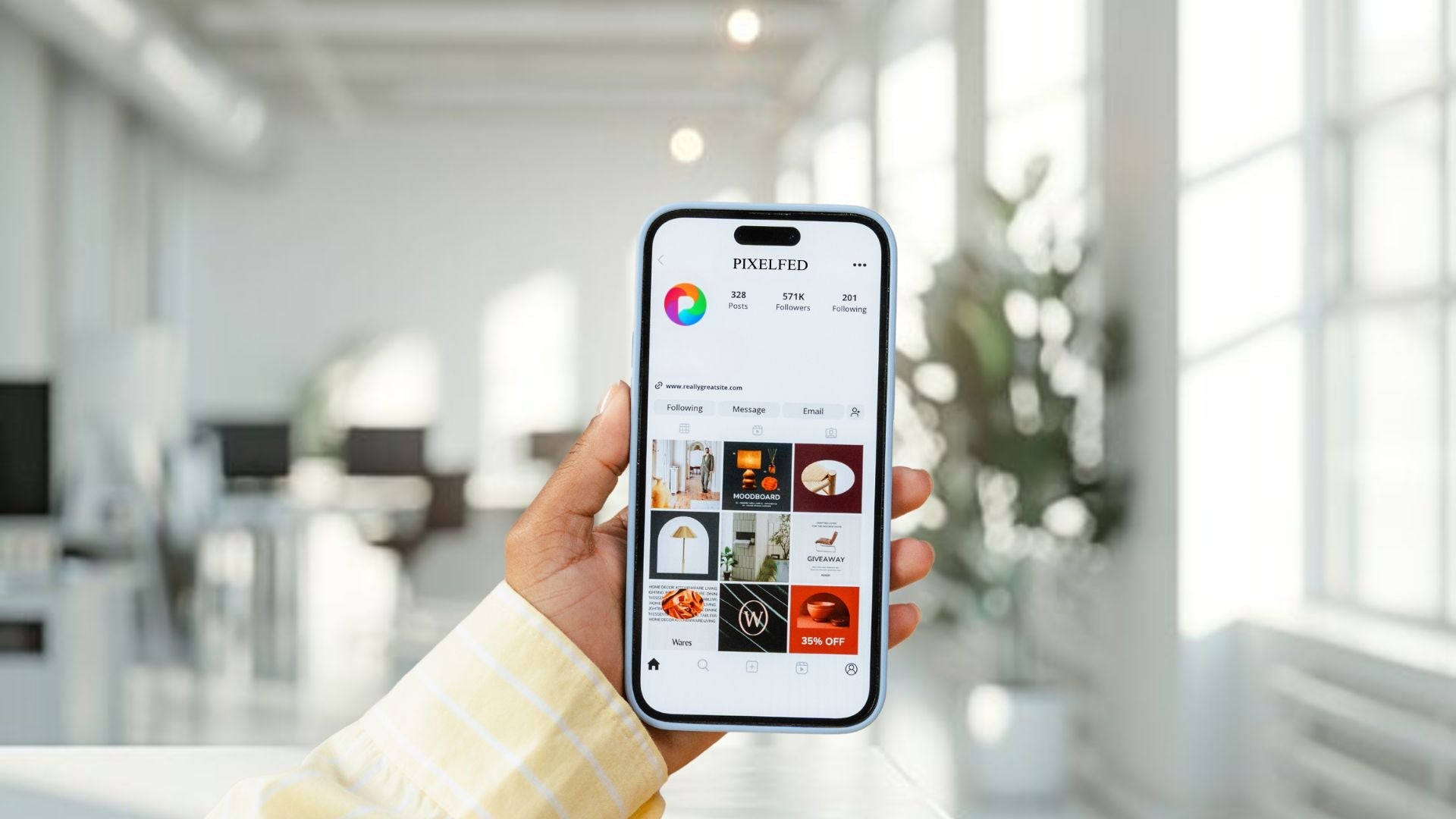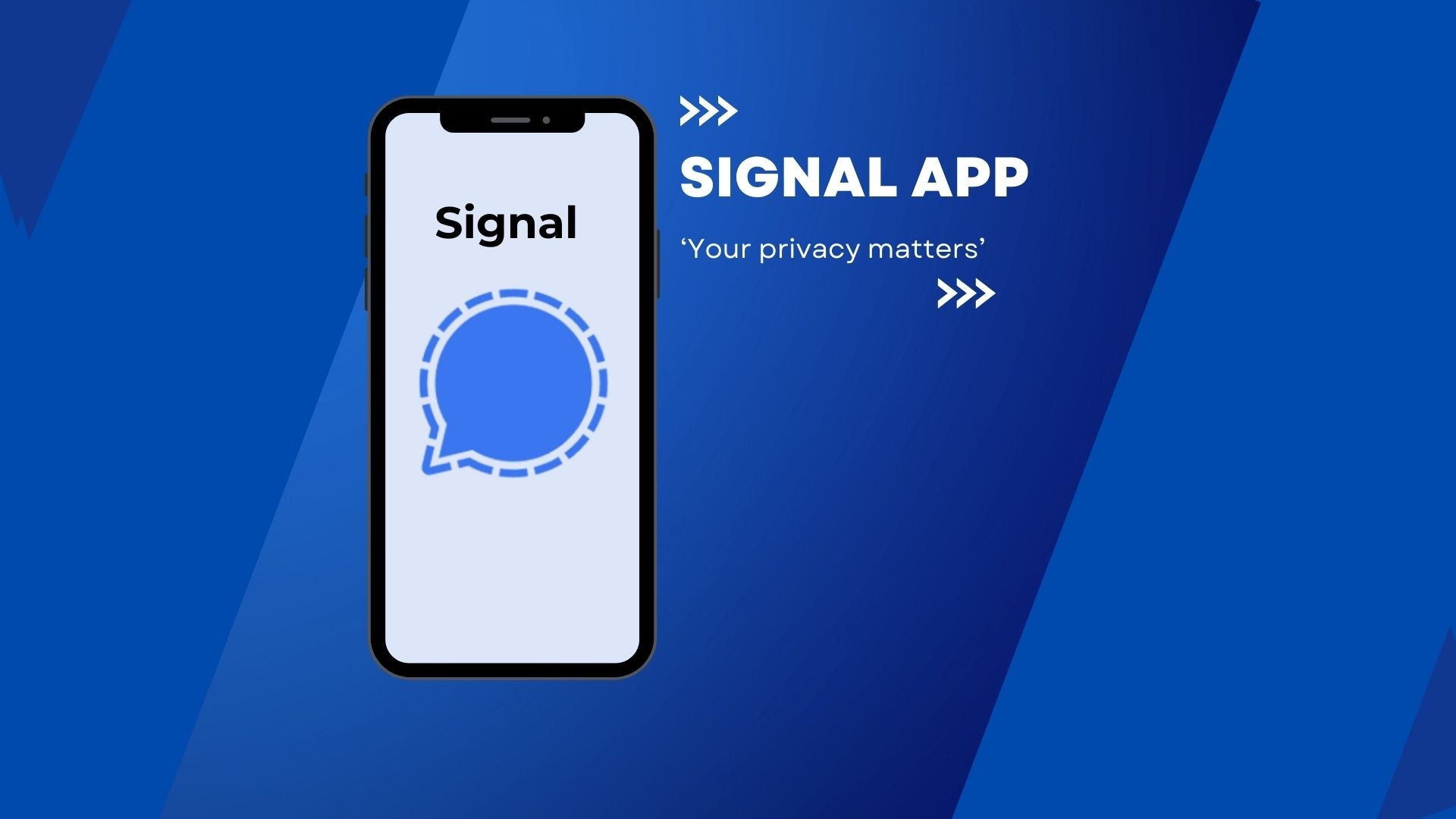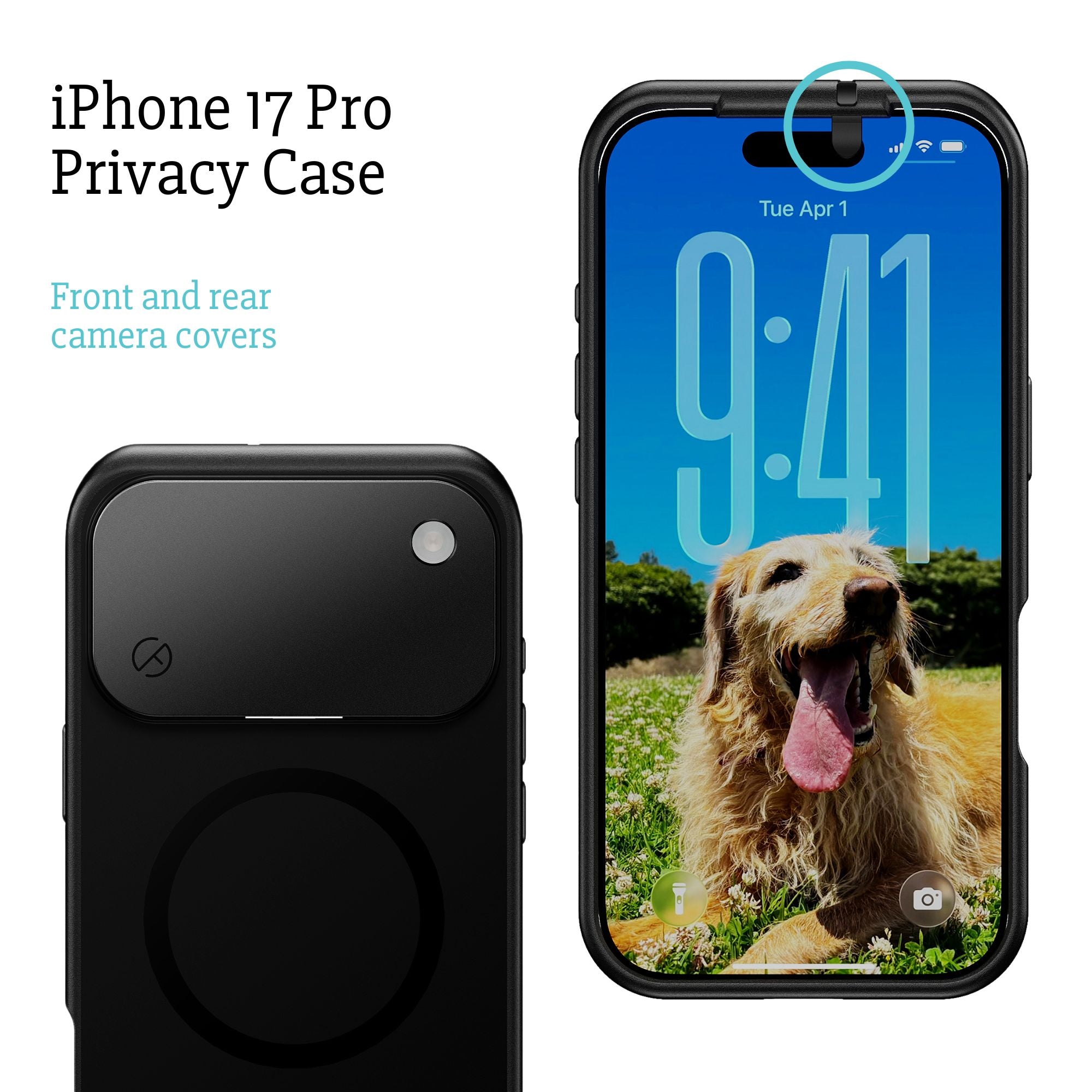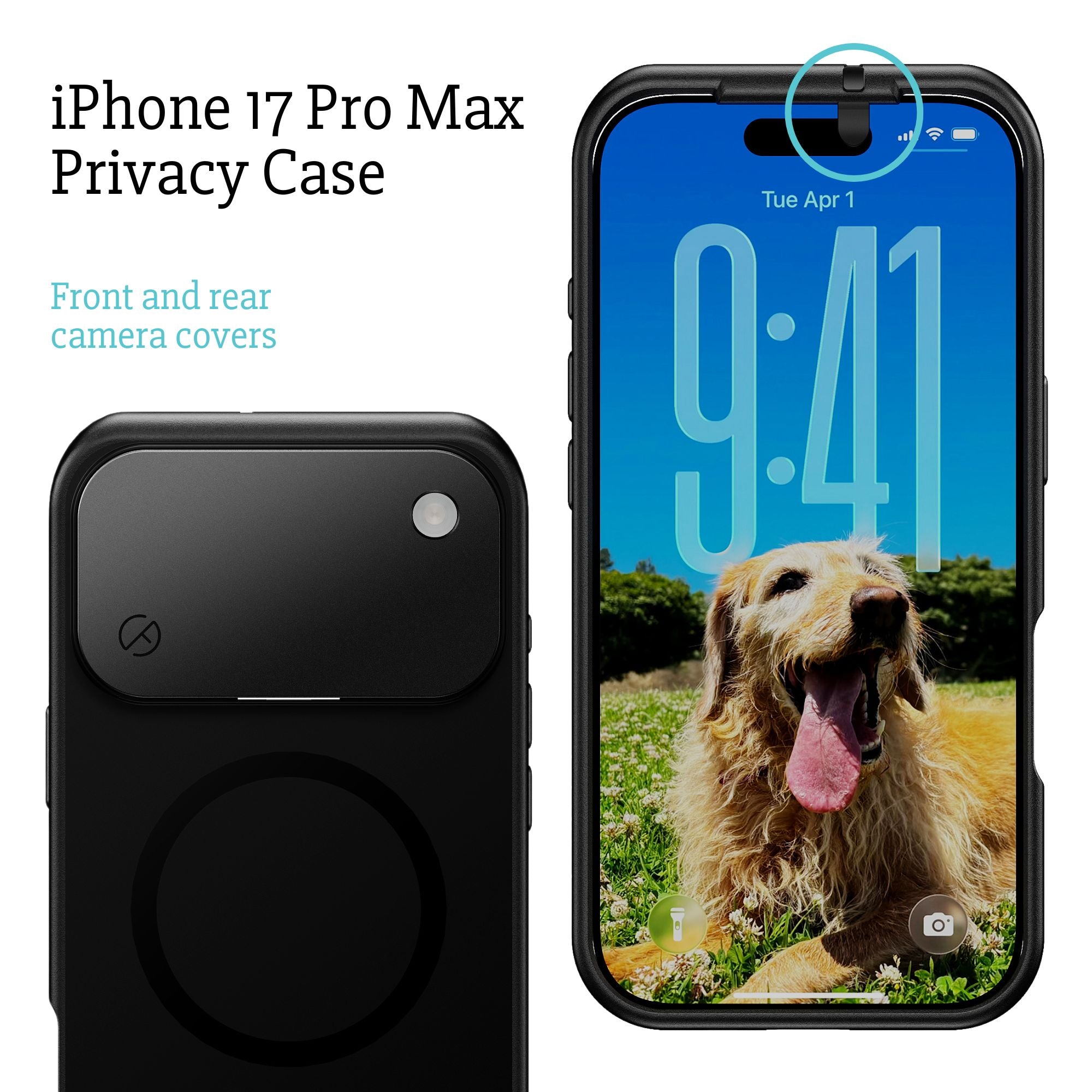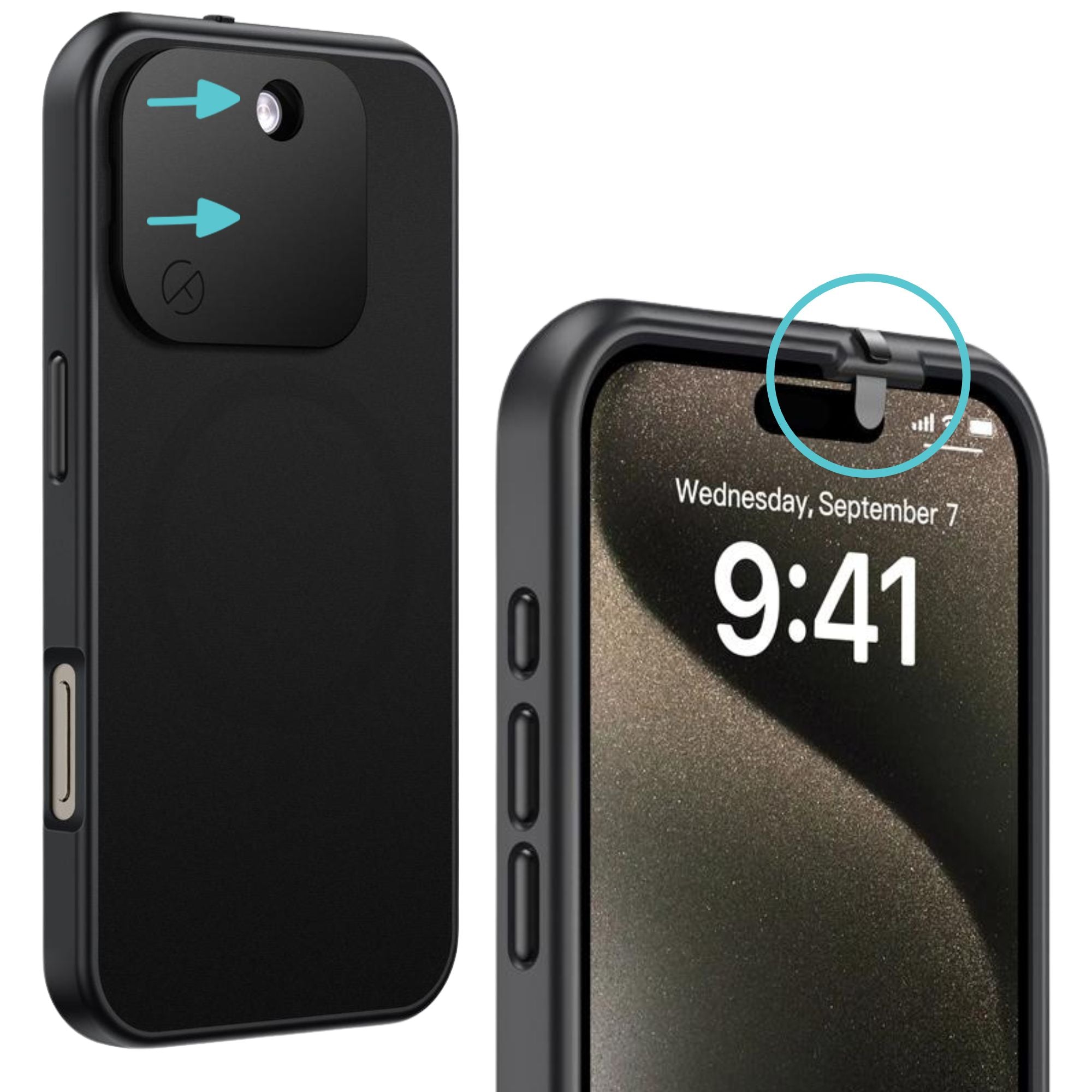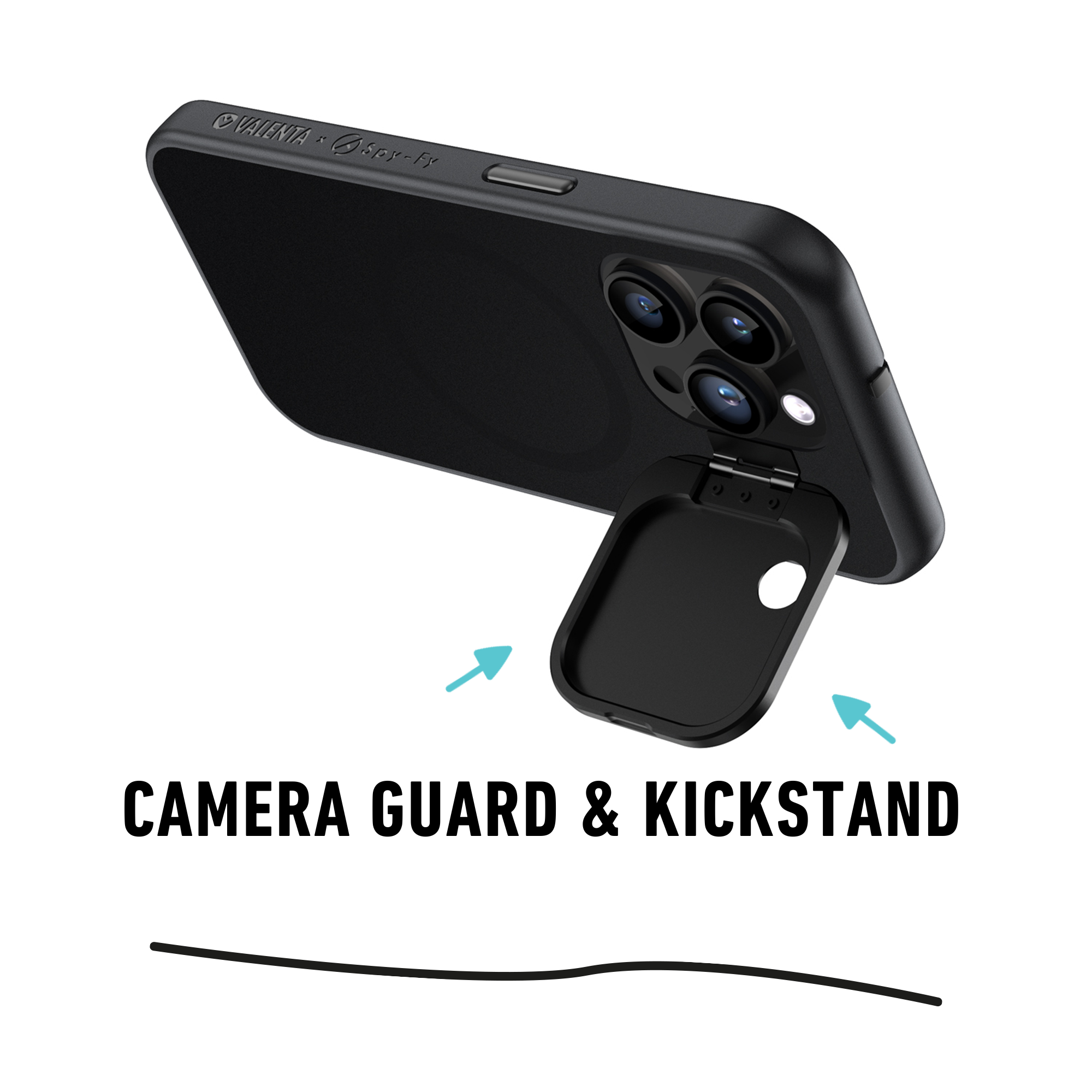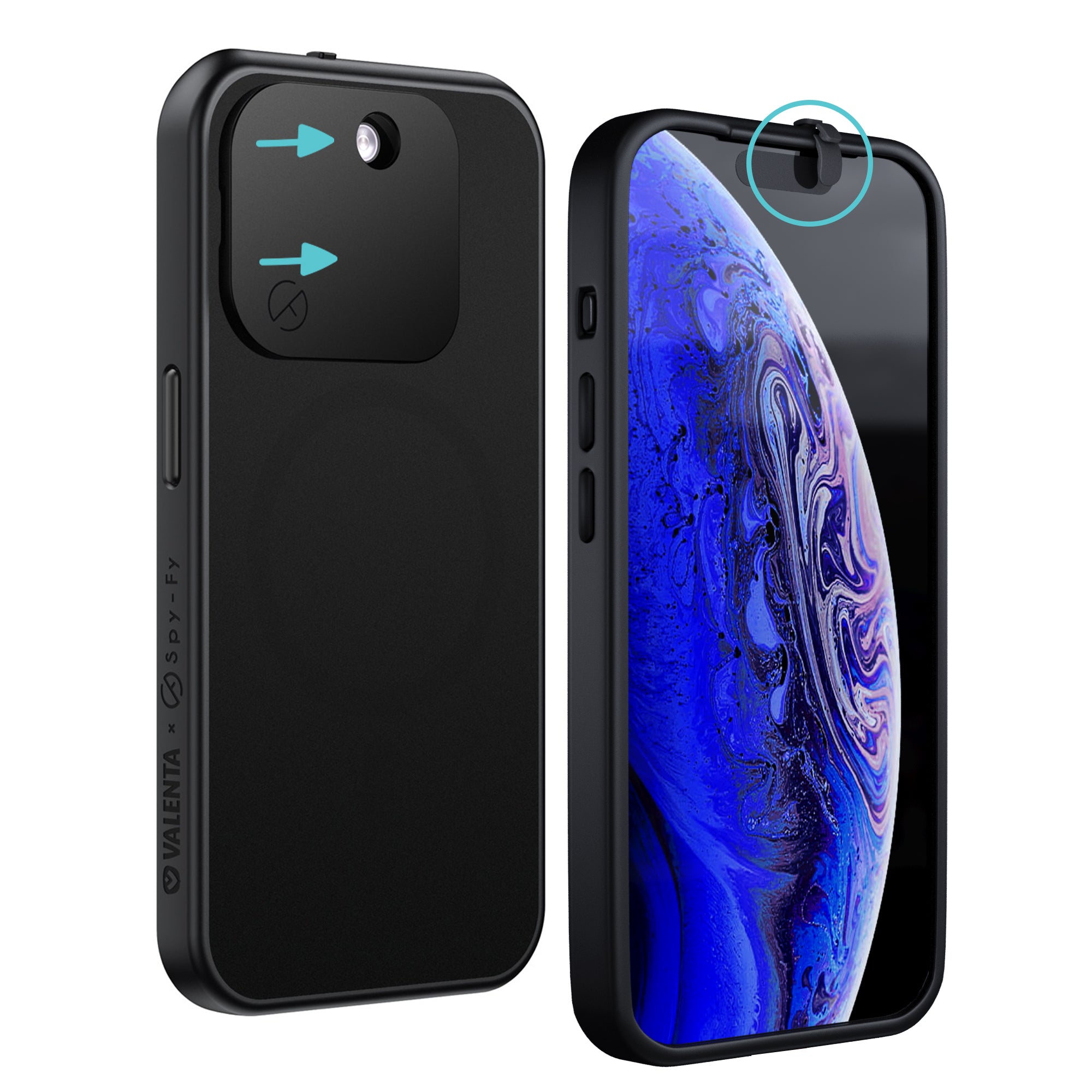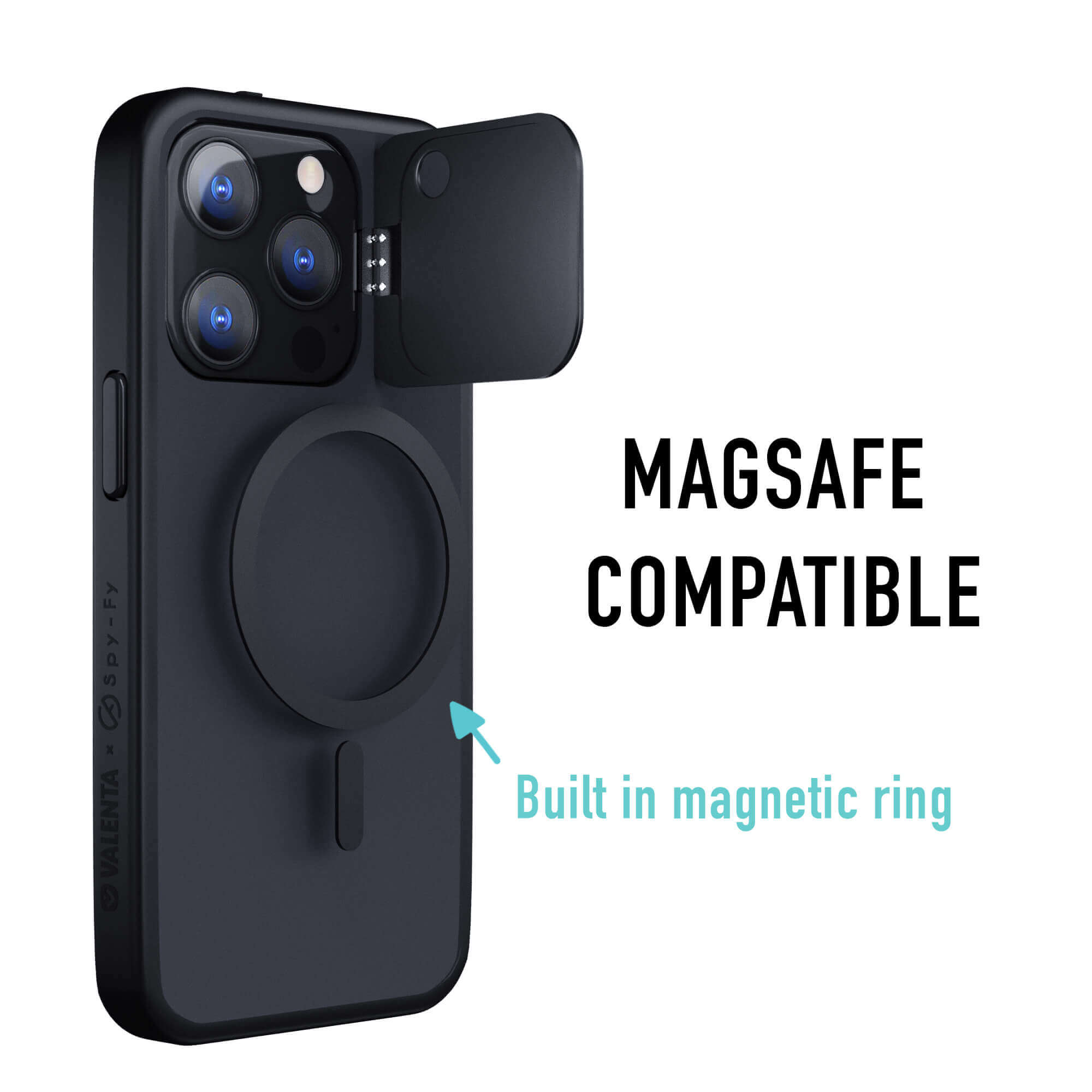Op zoek naar een berichtenapp zoals WhatsApp, Telegram of Messenger? Hoewel deze platforms de markt domineren, gaan ze gepaard met privacyproblemen waar veel gebruikers vraagtekens bij beginnen te zetten. In een tijdperk waarin online privacy voortdurend in gevaar is, is het vinden van een veilige en privé chatoplossing nog nooit zo belangrijk geweest.
Dit is waar Signal om de hoek komt kijken, een veilige messaging-app die is ontworpen met privacy als uitgangspunt. Met de groeiende bezorgdheid over gegevensverzameling en surveillance, wenden steeds meer mensen zich tot Signal als een betrouwbaar, versleuteld alternatief. Maar wat maakt Signal anders? Hoe is het te vergelijken met WhatsApp en Telegram? En is het echt zo veilig als het beweert te zijn?
Laten we eens kijken naar alles wat je moet weten over Signal en waarom het misschien wel de beste keuze is voor privacybewuste gebruikers.
Wat is de Signal-app?
Signal is een open-source, end-to-end versleutelde berichtenapplicatie ontworpen om veilige communicatie te bieden. Het is ontwikkeld door de Signal Foundation, een non-profit organisatie en wordt volledig gefinancierd door donaties, waardoor het vrij is van advertenties en bedrijfsbelangen.
In tegenstelling tot veel andere berichtenplatforms verzamelt Signal geen gebruikersgegevens en worden gesprekken niet gevolgd. Het encryptieprotocol wordt algemeen beschouwd als een van de veiligste ter wereld. Zelfs bedrijven als WhatsApp en Facebook Messenger integreren elementen van de Signal-technologie in hun eigen diensten.
Welke functies biedt Signal?
Signal staat natuurlijk hoog op hun privacy-standaard, maar welke belangrijke functies biedt de app en wat is het belang ervan? Hier zijn enkele van de belangrijkste functies:
1. End-to-End Encryptie
Alles wat via Signal wordt verzonden: berichten, telefoongesprekken, videogesprekken en zelfs gedeelde bestanden is end-to-end versleuteld. Dit betekent dat alleen de verzender en de ontvanger de inhoud kunnen lezen of horen, waardoor het bijna onmogelijk is voor hackers, overheden of zelfs Signal zelf om toegang te krijgen tot de gegevens.
2. Verdwijnende berichten & view-once media
Gebruikers kunnen instellen dat berichten na een bepaalde periode automatisch worden verwijderd, wat een extra laag privacy toevoegt. Signal ondersteunt ook “view-once” media, waarmee afbeeldingen en video's slechts één keer bekeken kunnen worden voordat ze permanent verdwijnen.
3. Geen metadata verzameling
In tegenstelling tot andere messaging apps, die gegevens verzamelen zoals locatie, apparaatinformatie en contacten, verzamelt Signal bijna niets. Het enige dat wordt opgeslagen is je telefoonnummer, maar zelfs dit is niet gekoppeld aan je gesprekken of activiteiten.
4. Beveiligde groepschats en gesprekken
Signal ondersteunt versleutelde groepschats en groepsgesprekken, zodat de privacy van alle deelnemers beschermd is. In tegenstelling tot sommige concurrenten slaat Signal geen metadata van groepen (zoals groepsnamen, afbeeldingen of deelnemerslijsten) op zijn servers op.
5. Open-source & regelmatige beveiligingsaudits
Omdat Signal open-source is, kunnen beveiligingsexperts de code inspecteren om te controleren of er geen kwetsbaarheden of achterdeurtjes zijn. Deze transparantie maakt het een van de meest betrouwbare messaging-apps van dit moment.
Signal vs. WhatsApp: Welke is beter?
WhatsApp en Signal zijn beide populaire berichtendiensten, maar ze verschillen aanzienlijk op het gebied van privacy en gebruik. WhatsApp, eigendom van Meta (voorheen Facebook), heeft wereldwijd meer dan 2 miljard gebruikers en wordt veel gebruikt dankzij de gebruiksvriendelijke interface en het grote bereik. Signal, met naar schatting 40 miljoen actieve gebruikers, richt zich sterk op privacy en beveiliging, biedt standaard end-to-endencryptie en verzamelt minimale gebruikersgegevens.
Wat zijn de cruciale verschillen?
- Privacybeleid: WhatsApp verzamelt uitgebreide metadata, die wordt gedeeld met het moederbedrijf Meta. Signal verzamelt daarentegen geen noemenswaardige gebruikersgegevens.
- Advertenties
- WhatsApp heeft geëxperimenteerd met zakelijke integraties en advertenties, terwijl Signal volledig reclamevrij blijft.
- Eigendom
- WhatsApp is eigendom van een techgigant met een geschiedenis van datamonetarisatie, terwijl Signal wordt gerund door een non-profitbedrijf dat zich uitsluitend richt op privacy.
- Beveiliging
- WhatsApp-berichten zijn versleuteld, maar back-ups die zijn opgeslagen op Google Drive of iCloud niet. Signal versleutelt alles, inclusief back-ups.
Als privacy je grootste zorg is, is de Signal-app misschien de betere optie.
Signal vs. Telegram: Wat is veiliger?
Hoewel Telegram zichzelf verkoopt als een privé berichten app, zijn er belangrijke verschillen tussen Telegram en Signal. Telegram heeft meer dan 700 miljoen gebruikers en staat bekend om zijn snelle prestaties, cloud-gebaseerde opslag en grote groepschats. Hier zijn de twee belangrijkste verschillen tussen de twee apps.
- Encryptie: Telegram schakelt standaard geen end-to-end versleuteling in, behalve voor de “Geheime chats”. Signal daarentegen versleutelt standaard alles.
- Gegevensopslag: Telegram slaat berichten op zijn servers op, tenzij je handmatig een Geheime Chat start. Signal slaat nooit berichten op zijn servers op.
- Open bron: Terwijl Signal volledig open-source is, is alleen de client-side code van Telegram open-source - de server-side code blijft propriëtair.
Als je waarde hecht aan maximale veiligheid, is Signal misschien de betere keuze.
Zijn er risico's? Signal app oplichting en zorgen
Hoewel Signal zelf veilig is, moeten gebruikers zich toch bewust zijn van mogelijke oplichting en risico's:
- Phishing-zwendel: Cybercriminelen proberen zich soms voor te doen als ondersteunend personeel van Signal om persoonlijke informatie te stelen. Controleer altijd verdachte berichten.
- Valse Signal-apps: Sommige malwareontwikkelaars maken nepversies van Signal om gegevens te stelen. Download Signal altijd van officiële bronnen zoals signal.org.
- Social engineering-aanvallen: Hoe veilig een app ook is, gebruikers kunnen nog steeds worden misleid om gevoelige informatie vrij te geven. Wees voorzichtig met het delen van persoonlijke gegevens.
Conclusie: Is signal de beste messaging app?
Als je op zoek bent naar een goede messaging app die privé chatten hoog in het vaandel heeft staan, dan is Signal waarschijnlijk de beste optie die momenteel beschikbaar is. Het biedt eersteklas beveiliging, een naadloze gebruikerservaring en een sterke toewijding aan privacy. Of je nu overschakelt van WhatsApp vanwege gegevensproblemen of op zoek bent naar een alternatief voor Telegram, Signal is een slimme keuze voor iedereen die waarde hecht aan veilige communicatie.
Met zijn open-source karakter, gebrek aan gegevensverzameling en robuuste encryptie bewijst Signal dat privacy niet ten koste hoeft te gaan van de bruikbaarheid. Probeer het eens en ervaar de app zelf. Als privacy belangrijk voor je is, bekijk dan zeker onze website voor verschillende privacyproducten. https://spy-fy.com
